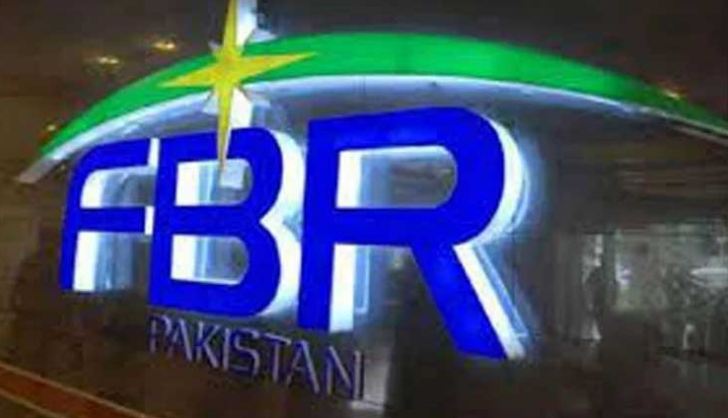Pakistan Customs has finished business process planning of its center capabilities during the initial five months of the World Bank-subsidized project for the change of Customs tasks. This task was planned in April 2021 yet came into execution in December 2023.
Specialized specialists from KGH and Maersk, being the worldwide innovators in customs organization changes and coordinated operations, are teaming up through 16 working gatherings told by FBR for each work stream of Customs. Pakistan Customs has effectively digitalized its activities starting around 2005.
The natively created WeBOC framework empowers the assortment of over 45% of FBR’s yearly income and helps carry out a public exchange strategy while dealing with imports, commodities, and travel exchange in a paperless climate. Utilizing WeBOC, Customs has empowered Pakistan to jump even the created nations in the rearrangements and digitalization cycle of the whole biological system of exchanging across borders, through the Pakistan Single Window.
Notwithstanding being one of the most digitalized substances of the public authority, Pakistan Customs has stayed insightful of the difficulties presented by the developing globalization of cross-line exchange and travel supply chains, geographic scattering of assembling, and reception of troublesome innovations like blockchain, man-made intelligence, Enormous Information, and so on. The customary job of Customs from actual line checks is changing to a multi-practical and entire of-government key player inline controls, exchange help, local network, and monetary development.
In the next phase of this key project, all mapped processes would be benchmarked and re-designed as per international standards recommended by WTO, WCO, UN, etc as well as the best practices adopted by the leading customs administrations worldwide.
Besides, helping towards end-to-end digitalization of Pakistan Customs, the project would re-align the legal framework, organizational structure, and operational model of Pakistan Customs. Upgradation of risk management, post-clearance audit capabilities, use of technology, and elimination of redundant tasks would enable Customs to re-direct its resources towards more critical functions.
The Traditions change project includes the organization of best-in-class hyper-robotization apparatuses which would empower Pakistan Single Window Organization, as the assigned execution accomplice of Pakistan Customs, to foster another Traditions Computerized Administration Framework rapidly. This would assist Customs with supplanting its maturing WeBOC framework with a more hearty and complete computerized framework to further develop consistency and simplicity of carrying on with work.


Comments are closed, but trackbacks and pingbacks are open.